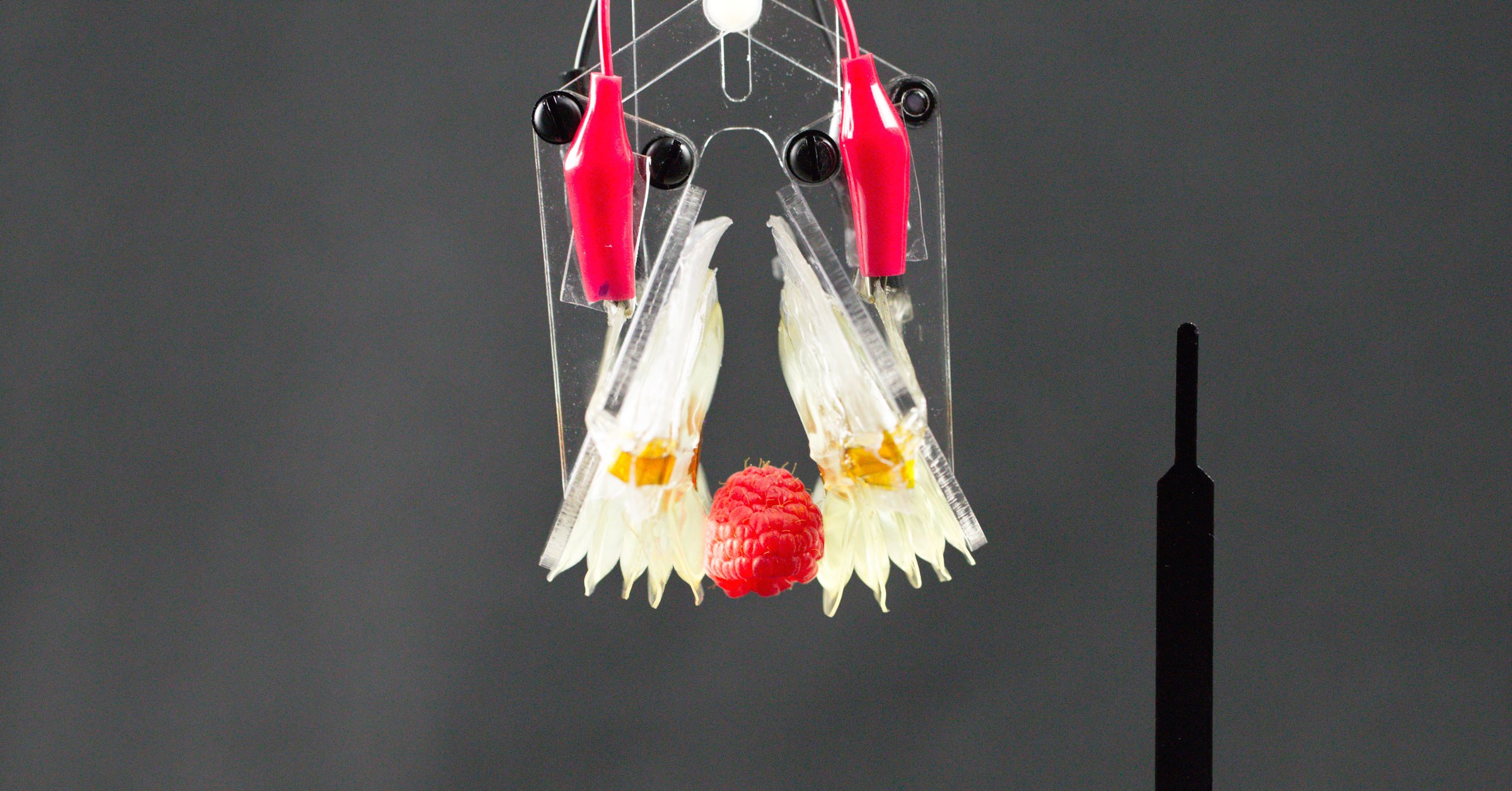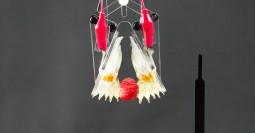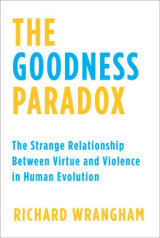 The Goodness Paradox (Teaser): Today’s spring pledge-drive show features brief clips from a recent interview with Richard Wrangham, a primatologist at Harvard University, about his new book, The Goodness Paradox: The Strange Relationship Between Virtue and Violence in Human Evolution. Wrangham discusses with How On Earth hosts Susan Moran and Chip Grandits how, and why, homo sapiens evolved to be both peaceful and violent (less reactively aggressive and more proactively aggressive, like our bonobo ancestors), and what it bodes for the future of human civilization. We will air the full interview on the March 19 science show. Thanks to Pantheon Books for offering KGNU several copies of Wrangham’s book. And thank you to listeners who pledged and received a copy of the book, and to those who have helped power this community radio station for years. If there are any copies of The Goodness Paradox remaining next Tuesday you can call in then and become a member for $60 or more. Or go to kgnu.org and pledge, or increase, your support. We couldn’t do it without you!
The Goodness Paradox (Teaser): Today’s spring pledge-drive show features brief clips from a recent interview with Richard Wrangham, a primatologist at Harvard University, about his new book, The Goodness Paradox: The Strange Relationship Between Virtue and Violence in Human Evolution. Wrangham discusses with How On Earth hosts Susan Moran and Chip Grandits how, and why, homo sapiens evolved to be both peaceful and violent (less reactively aggressive and more proactively aggressive, like our bonobo ancestors), and what it bodes for the future of human civilization. We will air the full interview on the March 19 science show. Thanks to Pantheon Books for offering KGNU several copies of Wrangham’s book. And thank you to listeners who pledged and received a copy of the book, and to those who have helped power this community radio station for years. If there are any copies of The Goodness Paradox remaining next Tuesday you can call in then and become a member for $60 or more. Or go to kgnu.org and pledge, or increase, your support. We couldn’t do it without you!
Hosts: Chip Grandits, Susan Moran, Joel Parker
Producer: Susan Moran
Engineer: Joel Parker
Executive Producer: Beth Bennett
Listen to the show here:
Podcast: Play in new window | Download (Duration: 27:39 — 25.3MB)
Subscribe: RSS





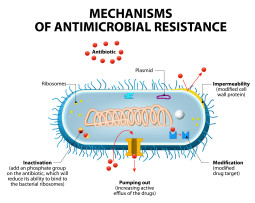
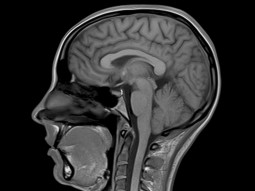
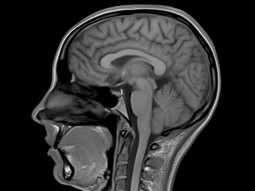


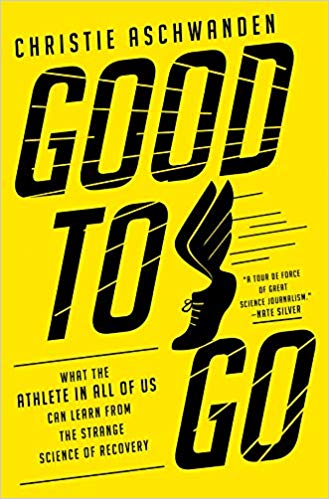
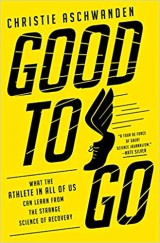 Athlete’s Guide to Recovery (starts at 5:39): Colorado is riddled with athletes, many of them incessantly chasing the latest recovery products and services that will enhance their performance — from Gatorade and other ubiquitous sports-recovery drinks, to supplements, to compression boots, to cryochambers, to good old-fashioned massages. How solid is the solid the science behind the multi-million marketing campaigns?
Athlete’s Guide to Recovery (starts at 5:39): Colorado is riddled with athletes, many of them incessantly chasing the latest recovery products and services that will enhance their performance — from Gatorade and other ubiquitous sports-recovery drinks, to supplements, to compression boots, to cryochambers, to good old-fashioned massages. How solid is the solid the science behind the multi-million marketing campaigns? 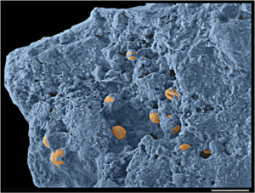
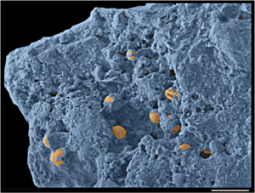 Microbial communities are all around us: in our homes, gardens, oceans, even deep underground but their roles in the function of the biosphere are poorly understood. Today Beth spoke with Professor
Microbial communities are all around us: in our homes, gardens, oceans, even deep underground but their roles in the function of the biosphere are poorly understood. Today Beth spoke with Professor 


 Animal scientists have long considered domestic livestock to be too dumb to know how to eat right, but the lifetime research of animal behaviorist Fred Provenza and his colleagues has debunked this myth. Their work shows that when given a choice of natural foods, livestock have an astoundingly refined palate. Like these animals, humans too, have an innate ability to determine what nutrients they need, but we are losing the information from our foods that allow us to make this determination. To view the book, go to: https://chelseagreen.biz/product/nourishment/
Animal scientists have long considered domestic livestock to be too dumb to know how to eat right, but the lifetime research of animal behaviorist Fred Provenza and his colleagues has debunked this myth. Their work shows that when given a choice of natural foods, livestock have an astoundingly refined palate. Like these animals, humans too, have an innate ability to determine what nutrients they need, but we are losing the information from our foods that allow us to make this determination. To view the book, go to: https://chelseagreen.biz/product/nourishment/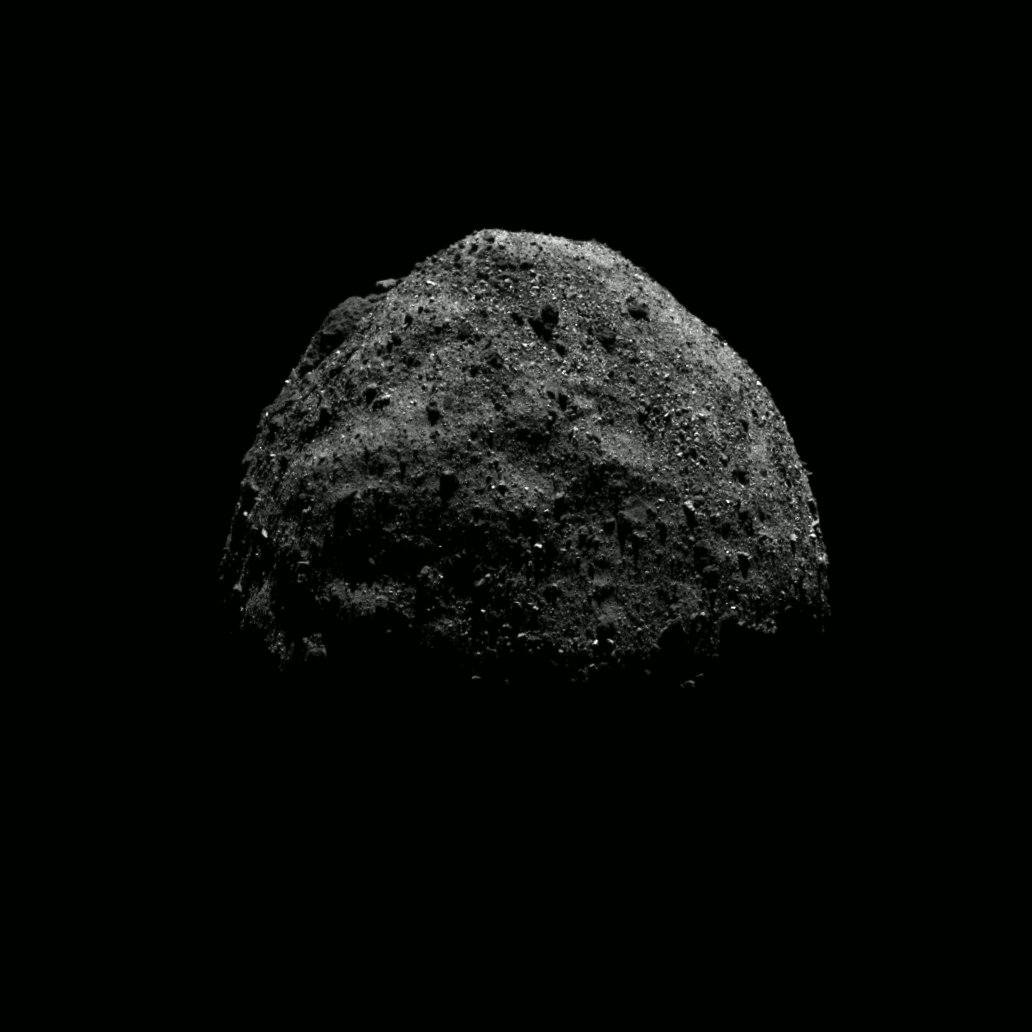
 n today’s first feature, we hear about
n today’s first feature, we hear about 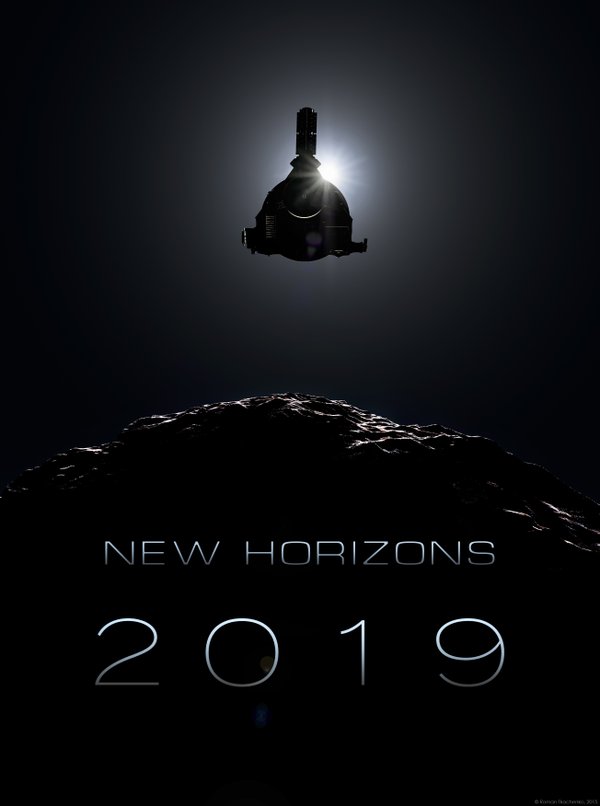 Our second spacey feature is about a mission that you might describe as exploring “beyond the beyond”. The piano-sized, nuclear-powered
Our second spacey feature is about a mission that you might describe as exploring “beyond the beyond”. The piano-sized, nuclear-powered 